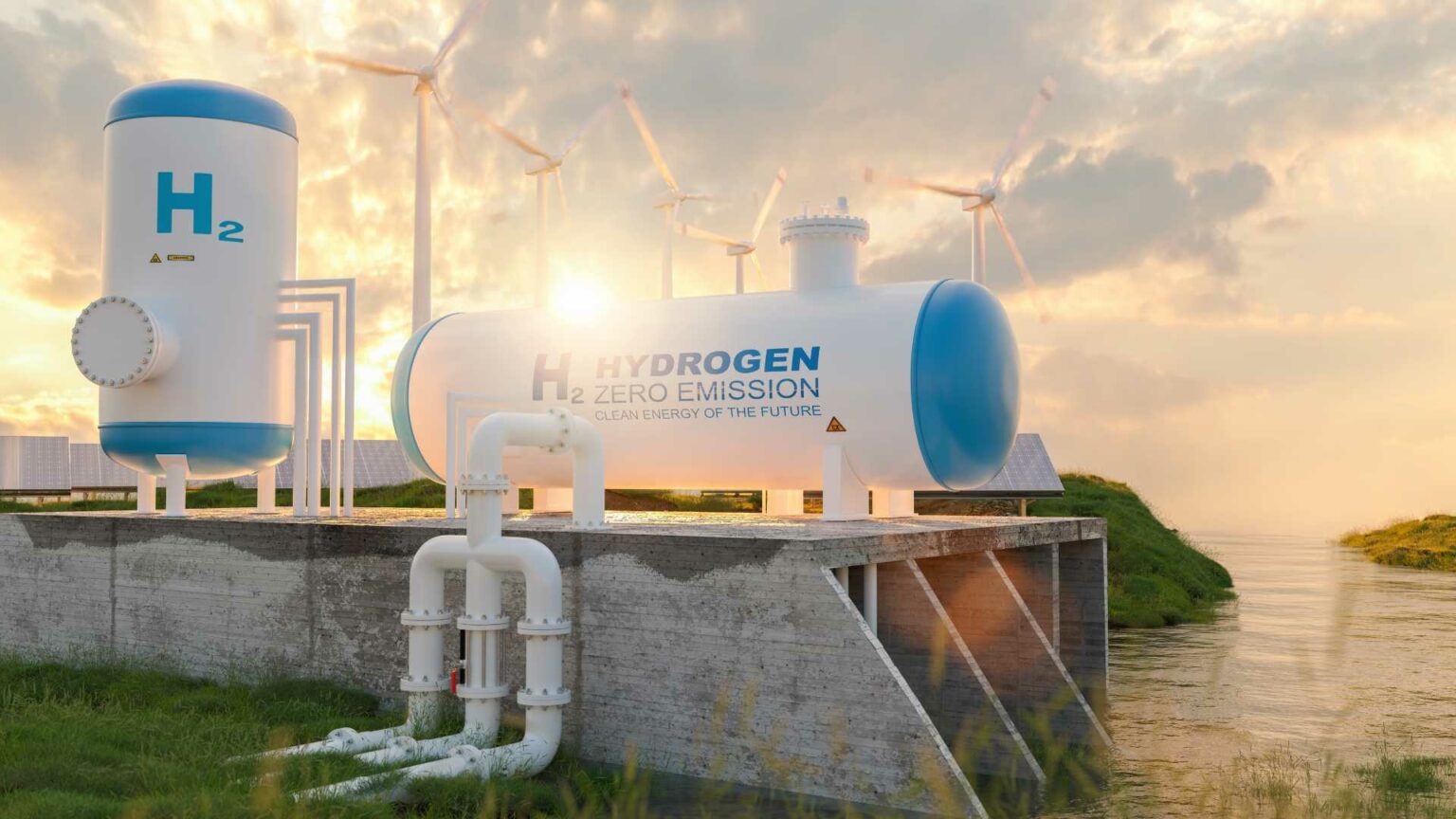BP and Iberdrola have formed a 50-50 joint venture in Spain to develop a 25 MW green hydrogen project as part of the HyVal initiative. They have announced the final investment decision for a green hydrogen project in Castellón.
They have approved constructing the first project in the Valencian Community (HyVal) ‘s green hydrogen cluster. This 25 MW project at BP’s refinery in Castellón is expected to be operational by the second half of 2026. It is the first green hydrogen project jointly undertaken by BP and Iberdrola through Castellón Green Hydrogen S.L., a joint venture both companies own.
Details on the Electrolyzer
The 25 MW electrolyzer will be powered by renewable electricity through a power purchase agreement (PPA) with Iberdrola, supplying 200 GWh/year from Iberdrola’s photovoltaic and wind projects. It will include 5 modules of proton exchange membrane (PEM) technology in 5 MW containers, supplied by the American company Plug Power, which formed a joint venture with Acciona in 2021. The green hydrogen produced through water electrolysis powered by renewable electricity will meet European requirements for green hydrogen production (Renewable Fuels of Non-Biological Origin, RFNBO). This will aid the transition of BP’s Castellón refinery towards an integrated energy center. It is expected that 2,800 tons of green hydrogen annually will replace part of the currently used grey hydrogen produced from natural gas.
Official Presentation
The project was officially presented in July 2024 during a public event to celebrate the signing of the final investment decision between BP and Iberdrola.
Investment Details
The initiative represents an investment exceeding 70 million euros, with 15 million coming from NextGeneration funds. It will create 500 direct jobs and involve the Institute of Energy Technology (ITE).
Future Expansion Plans
In parallel with this initial 25 MW project, BP is exploring opportunities to increase capacity in the coming years. In later phases, the produced green hydrogen could also be utilized in key industries difficult to decarbonize in the Valencian Community, such as the ceramic sector, replacing the natural gas used in their processes, chemical industries, and heavy transport.
